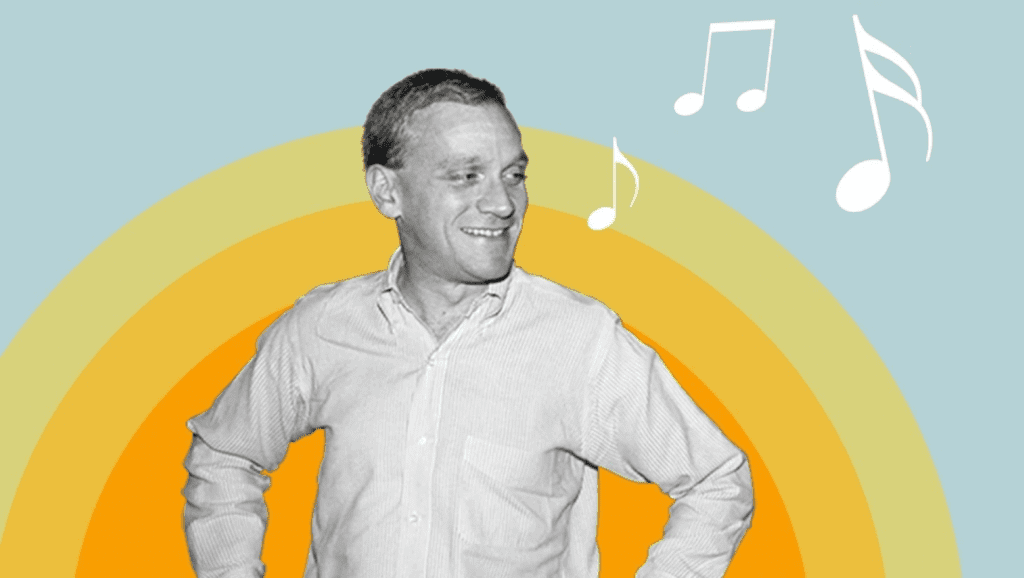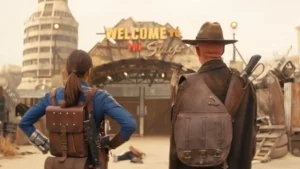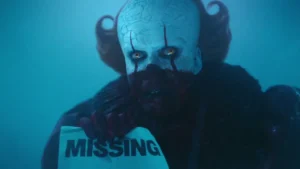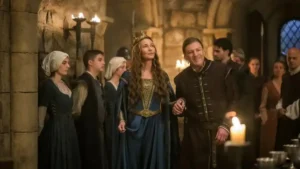Summary
Props for Disney for not doing a Disney and sugar-coating the life, career, and untimely death of lyricist Howard Ashman in this frank new documentary feature.
Howard Ashman is the lyricist responsible for many of the best tunes in your favorite Disney movies, including The Little Mermaid, Beauty and the Beast, and Aladdin. He was also a gay man who died of complications from AIDS in 1991, much too early at the age of 40. I raise these two things together and at the top of this review since both are integral to the life and legacy of Ashman. Since Disney’s interpretation of “family-friendly” has historically been overly traditional at best and actively backward at worst, hence shows like Love, Victor airing on Hulu instead of Disney+ as planned, there was always the fear that the House of Mouse would follow the advice of Julie Andrews in Howard. But there’s little sugar in sight in this intimate, frank, and revelatory documentary feature.
This is all Howard Ashman, a lyrical genius whose work with composer Alan Menken has helped to shape popular culture, deserves. But you just never know, do you? Veteran Disney producer Don Hahn directs Howard with affection, carefully tracing – with the help of archival materials and commentary from the subject’s mother and sister – Ashman’s early life in Baltimore to his time in Indiana University, the WPA theatre in New York, and eventually Hollywood, all the while chronicling the beginning and end of his relationship with first love Stuart White, his collaboration with Menken on Little Shop of Horrors, and the disastrous failure of the Broadway musical Smile, which Ashman worked on with the decorated Marvin Hamlisch.
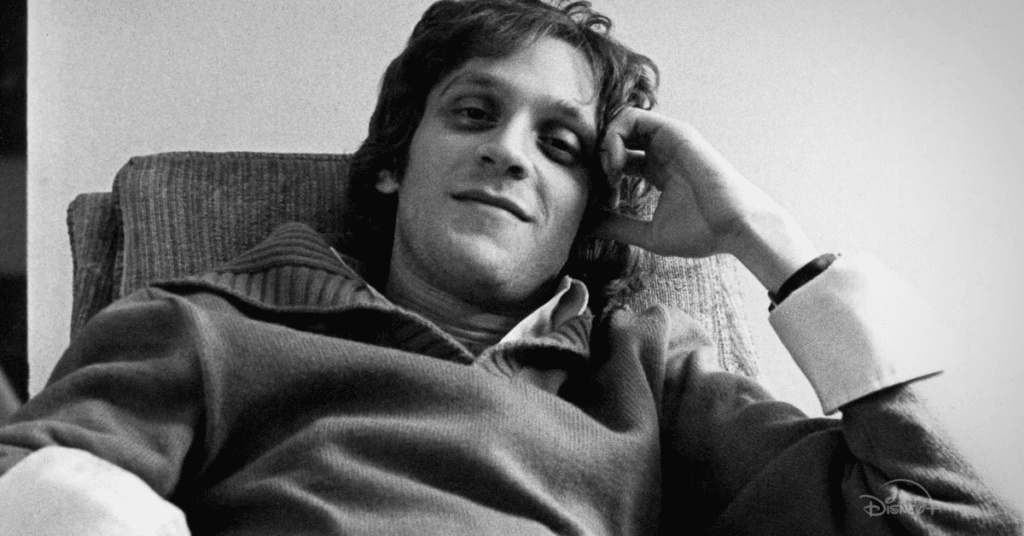
Naturally, a lot of Howard finds Ashman working at Disney, especially on The Little Mermaid, and it isn’t shy in depicting him as a demanding perfectionist often unwilling to compromise, and a sometimes harsh driver of talent. It also doesn’t pretend that Ashman wasn’t concerned that his career would be in jeopardy if his HIV diagnosis was discovered by Disney executives, with the early ‘90s being what they were in the cultural attitude to AIDS. Ashman’s life partner Bill Lauch collected Ashman’s posthumous Oscar for Best Original Song in Beauty and the Beast, a love story about a beauty learning to love someone who had been ostracised by society for his differences. It’s hard to view that through any lens other than a deeply tragic and personal one.
This intensely moving focus, which only heightens as Ashman’s condition worsens and he begins to sequester himself away from the world, doesn’t have Disney’s usual saccharine emotional manipulation: It’s blunt, frank, full-force trauma, an unflinching depiction of a great talent cowed into hiding by a ruthless virus. Disney had a responsibility to tell this story in this way. Thank goodness they did.

